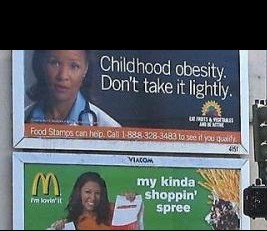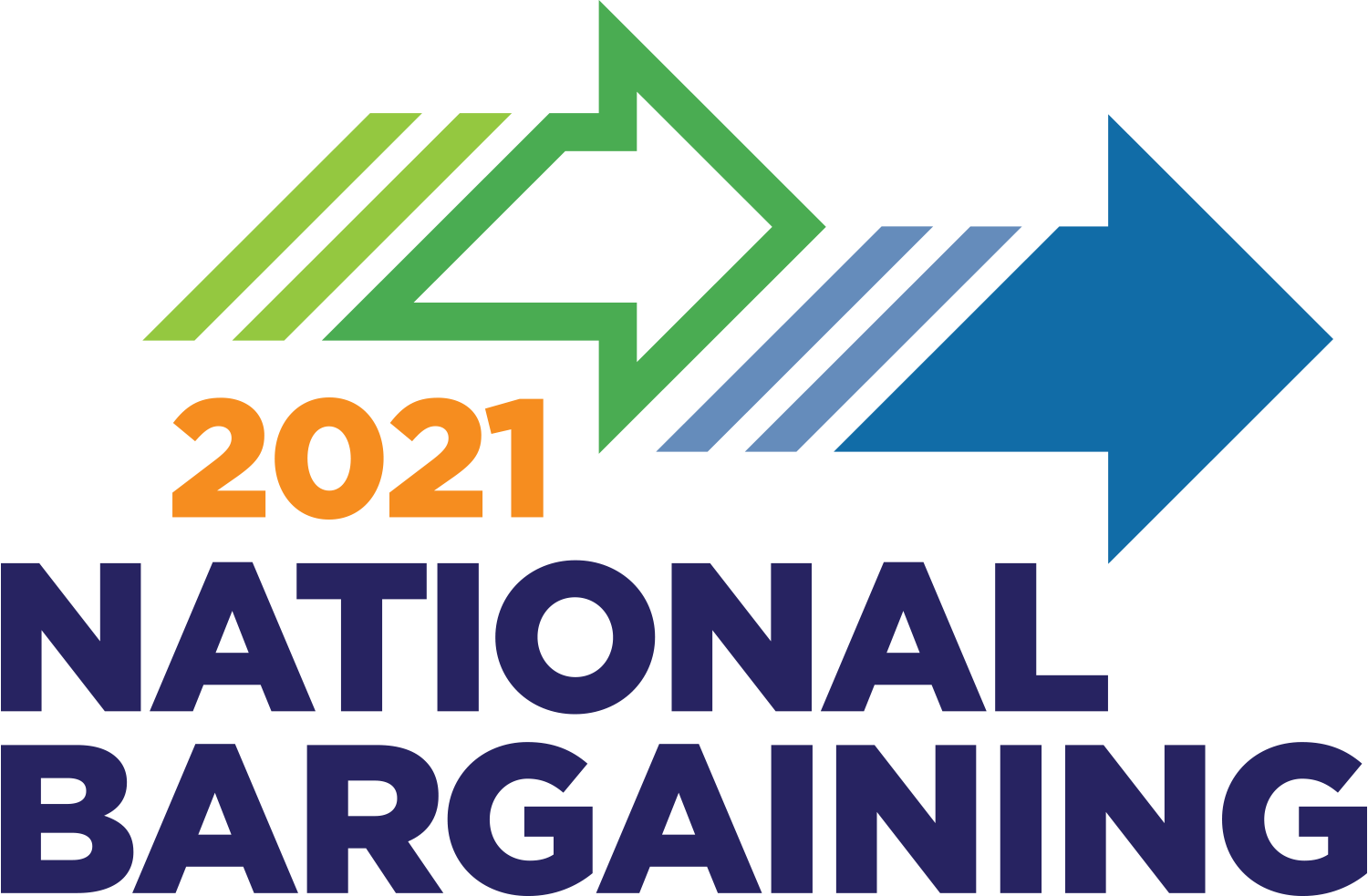HANK Spring 2012
From the Desk of Henrietta: Sugar—the New Tobacco?
It's sweet, but could prove sour for your health
Our bodies metabolize the excessive sugar in processed foods just as it processes alcohol and other toxins, causing damage to our liver and other organs.
Sugar makes us more likely to develop a variety of risk factors that lead to serious illness, while making us crave sweet even more.
In fact, sugar causes a cycle of addiction in the brain in much the same way as drugs and alcohol—and cigarettes. When it comes to addictiveness, nicotine takes the, um, cake.
Physicians at the University of California at San Francisco (UCSF), led by outspoken pediatric endocrinologist Robert Lustig, MD, published a paper in February in the journal Nature showing that like alcohol and tobacco, sugar is a toxic, addictive substance. They argue that it should, therefore, be closely regulated, with taxes, laws on where and to whom it can be advertised and age-restricted sales. The researchers said that increased global consumption of sugar is primarily responsible for a whole range of chronic diseases that are reaching epidemic levels around the world.
Is sugar—so pervasive in processed foods, soda and junk food in general—the new tobacco? Let’s see.
It can kill you.
If Lustig and his colleagues—and many other independent researchers—are even half right, sugar and junk food have been responsible for millions of preventable deaths. According to journalist Eric Schlosser, author of “Fast Food Nation” and the children’s book “Chew on This,” poor diet and lack of exercise may soon surpass smoking as the No. 1 cause of preventable death.
People make huge amounts of money by selling it.
Remember how long the tobacco industry denied the link between tobacco, advertising, and lung cancer and heart disease? We are hearing the same protestations from the processed food industry today. Don’t buy it!
Schlosser, a keynote speaker at the 2012 Union Delegates Conference, recounts how McDonald’s was built. Founder Ray Kroc discovered that profits were higher when kids ate out with their parents. So he lured children in with lollipops. Later, he added a clown. Today, fast food chains hire child psychologists, hold focus groups for toddlers and put 5-year-olds in MRI machines to see which part of their brain is responsible for brand loyalty.
“Think about the profit margin in a soda,” Schlosser says. The raw materials are water, food coloring, sugar and a paper cup. Nutritional value: less than zero. Cost to produce: pennies. Now there’s a profit margin!
Everyone talks about personal responsibility, and that won't work here, as it won't for any addictive substance.

Everyone talks about personal responsibility, and that won't work here, as it won't for any addictive substance.
They make even more money by marketing to the vulnerable.
As white and highly educated people have cut down on cigarette smoking, the industry has shifted marketing to youth, to poorer people and to communities of color, both in the United States and abroad. Smoking, Schlosser says, “tracks very neatly with income and education.” Fifty percent of high school dropouts smoke; only 6 percent of people with graduate degrees smoke.
Check out junk food billboards. What neighborhoods do you see them in? Notice the age and ethnicity of those happy, healthy people.
“I’m still amazed, at age 52, what some people are willing to do to make money,” says Schlosser.
People are made to feel personally responsible for their suffering.
Perhaps more devastating, individuals are made to feel responsible for their “choice” to use tobacco. Where does “choice” come in when use of a death-causing product is higher the lower your education level? Where does “choice” come in regarding a substance—nicotine—often said to be more addictive than heroin?
And where does “choice” come in when sugar acts like nicotine in our brain and metabolic systems, storing fat while making us hungry? When the sugar content even in breads and cereals has gone up threefold in 30 years?
How about when a burger, even with fries and a soda, costs less than a salad?
To make a healthier choice, there must be healthier choices available. Too many poor communies are “food deserts,” with no access to fresh fruits and vegetables.
“Everyone talks about personal responsibility, and that won't work here, as it won't for any addictive substance,” Lustig says. Furthermore, our choices are limited “when so much of our food is controlled by these industries.”
And KP workers are getting off their collective behinds and taking the total health message to their communities.

